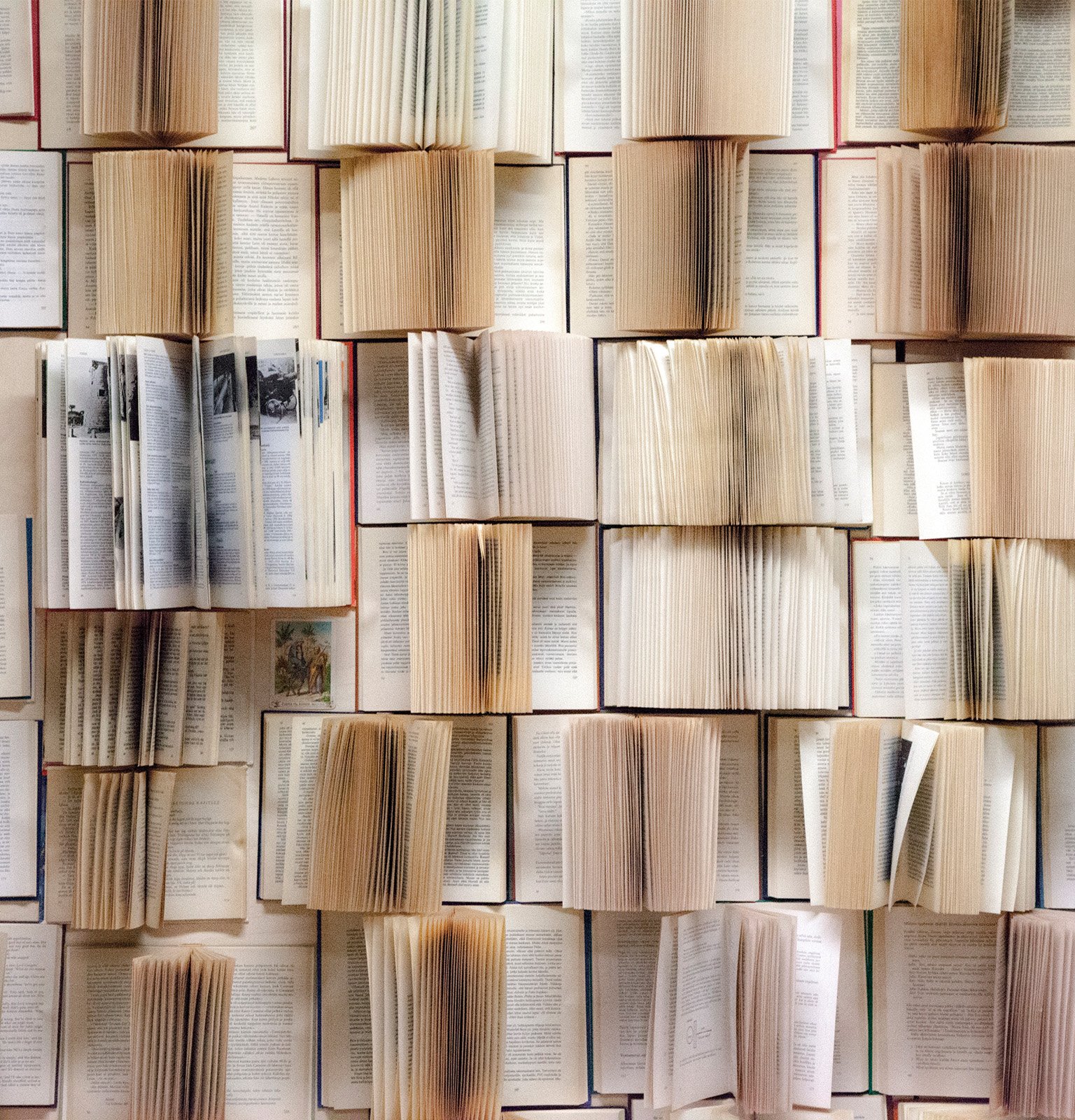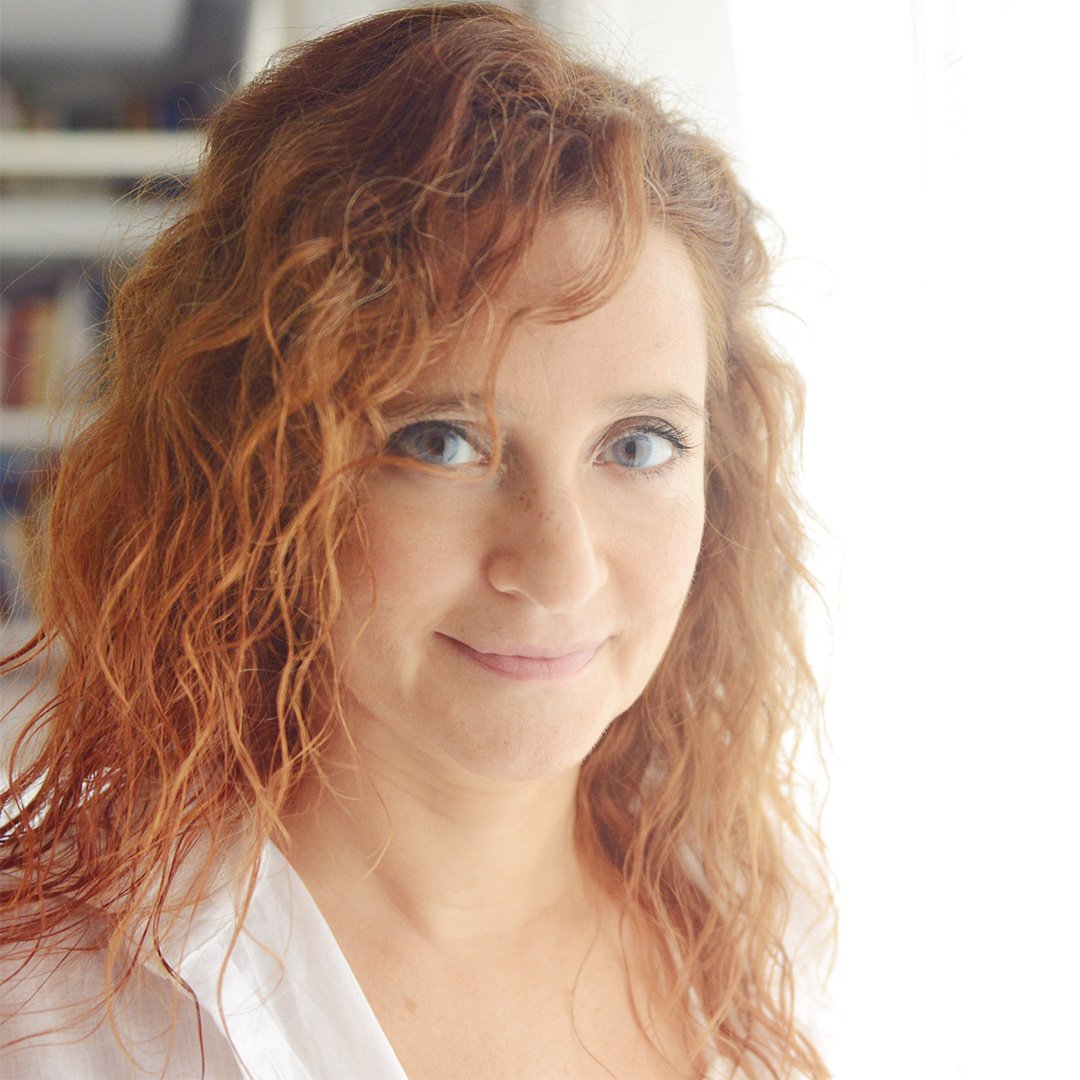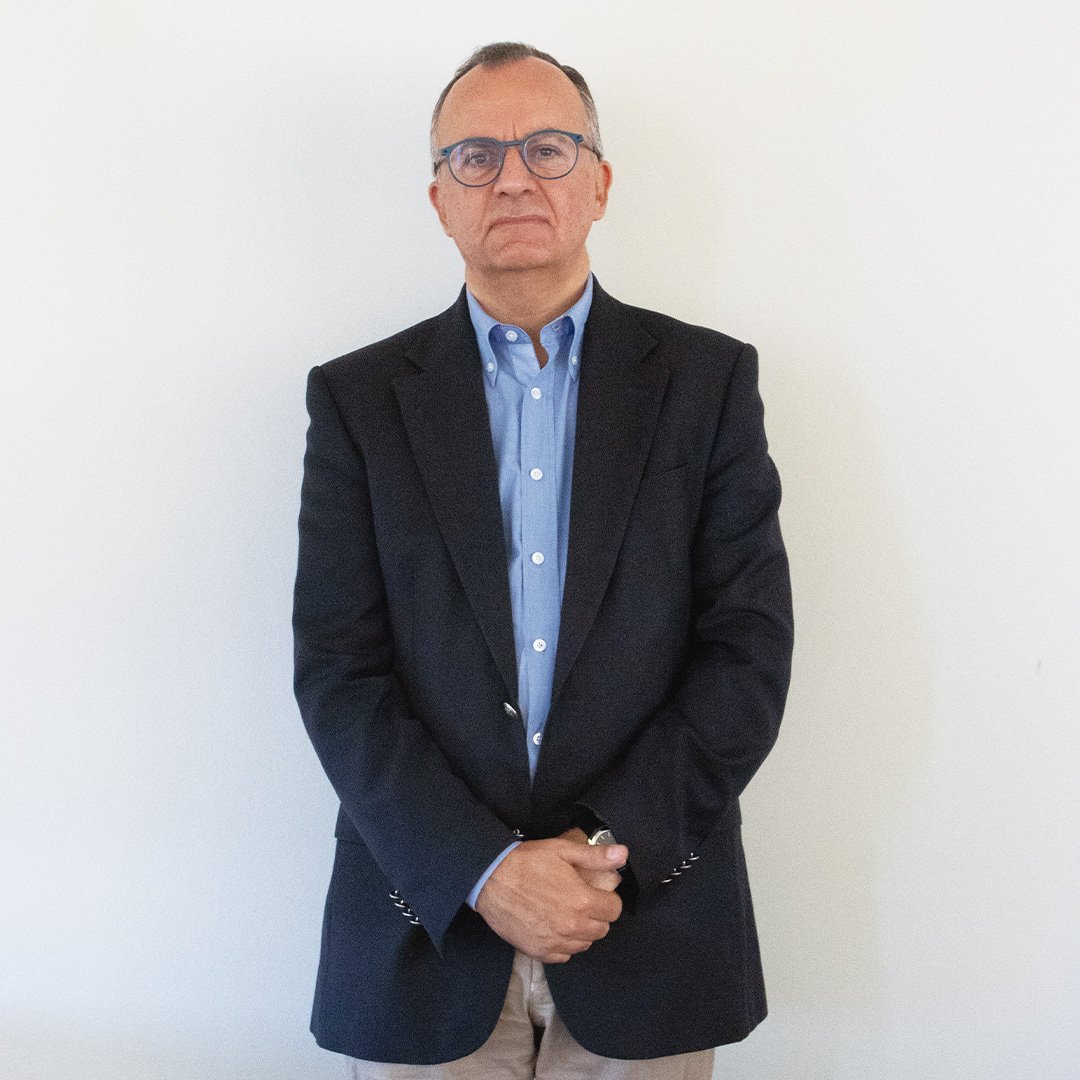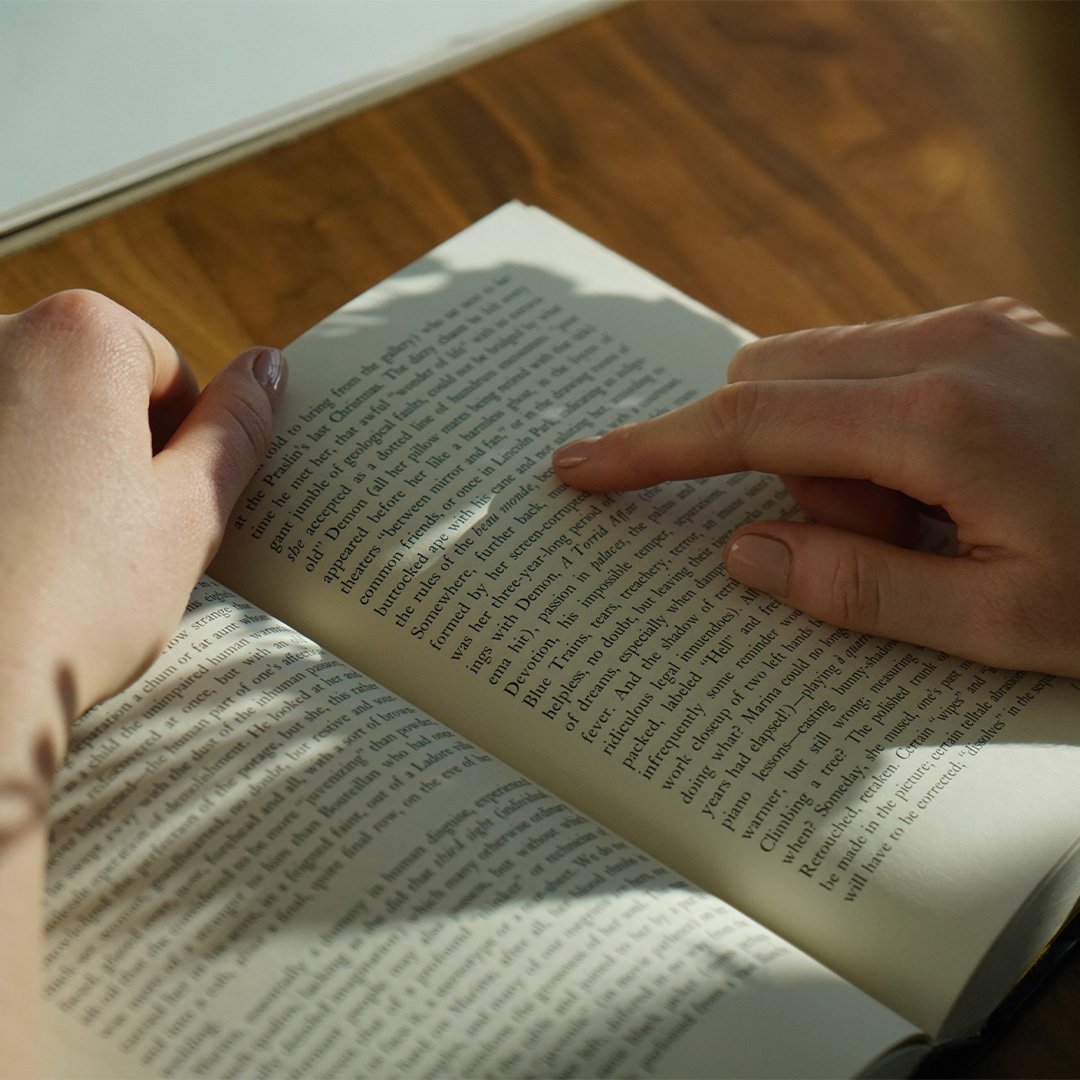The writer thinks there are, arguing that, «it does not seem appropriate to expose children to the racial or gender prejudices of the adult world.» She continues, «in fact, we have always tried to review children’s narratives, which are already adapted from folk stories and which came to us through the Brothers Grimm or from Hans Christian Andersen.» She says that these stories were originally bloody, with scenes of paedophilia, rape and cannibalism, along with the «normalisation of racism or the chronic debasement of women». Nevertheless, Ana Margarida de Carvalho admits that for the market-orientated publishing houses, anything that sells is overriding. Cândido Martins is adamant in his position. «There are no "out of step” works or books; it is us who definitely do not have the right to mutilate works of art from a biased, anachronistic, contemporary point of view. Take the hilarious (and tragic) case of the American teacher, who was disciplined for showing her adolescent students the nudity of Michelangelo’s famous David sculpture,» he explains. When questioned about the existence (or not) of literary censorship, the disagreement between the two remains. Ana Margarida de Carvalho speaks of a trend issue, which in her opinion cannot be compared to the dictatorship that existed before Portugal’s 25th of April Revolution. «Today, "the literary dictatorship” that concerns me is the dictatorship of the markets. What publishers believe will not sell is simply discarded,» the writer reveals. The professor at the Universidade Católica Portuguesa confirms the existence of censorship: «In the wake of historical revisionism, it is clearly a form of censorship, both crude and shocking, because it has been implemented in the 21st century, when we thought we lived in an open and free society, equipped with a mature critical sense.
«Today, "the literary dictatorship” that concerns me is the dictatorship of the markets», Ana Margarida de Carvalho














